I was raised by a father who tried to script every facet of my life. Each day was dictated by rules that my mother and I never agreed to. Having given up on trying to control my mother, he focused on me. He decided what I wore, what I could say, even what dreams I was supposed to have. In that confined space, the air felt thin and my own voice barely echoed back to me. Childhood shouldn’t feel like a cage, but there I was, imagining a life I wasn’t sure even existed.
Those early years were steeped in quiet fear. My father’s love came with conditions and consequences. A gentle laugh at the wrong moment could earn a scowl; a small act of defiance could summon his rage. He was emotionally and physically abusive, though I only learned to call it that later. Back then, it just felt like normal—a normal I survived by making myself small and compliant. I remember the hush at our dinner table, the way I’d lower my gaze as he spoke, like doing so would make me invisible. And in some ways, it did.
Under his roof I became a secret, a self in hiding, because it was safer to fold my truth into my pocket than let him see it. Every day was an exercise in walking on tiptoes to avoid triggering an outburst. Every night I’d retreat into my mind, building imaginary worlds with open skies and open doors, places he could never reach. I clung to those daydreams the way some kids cling to stuffed animals—they were my comfort, my promise that somewhere beyond those walls, a different life could be waiting.
Growing up under my father’s roof often felt like living under lock and key. He had a rule and a plan for everything—who I was supposed to be, how I should behave, even what feelings were acceptable to feel. I wasn’t a daughter to him so much as an extension of his will, expected to mirror every belief he hammered into me. He tried to rewrite my story before I could even hold the pen, telling me what my name meant, what my future should look like, and who I must never become. In his eyes, obedience was love, and any assertion of my own will was a betrayal.
I learned to read his moods the way others read weather reports. If the front door slammed a little too hard or his voice sharpened at the end of a sentence, I knew to brace myself. He could be calm one moment and thunderous the next. A minor misstep—spilling a glass of milk, speaking out of turn—might earn me an hours-long lecture or worse, the kind of punishment that leaves bruises blooming beneath sleeves. My world was measured in decibels and footfalls: the creak of floorboards signaling his approach, the volume of the TV indicating what kind of evening it would be. Every sound was a warning or a cue to make myself smaller.
When my father moved us into our second home in Stamford, New York, my mom told me I could choose any bedroom I wanted—a gesture that might’ve felt like freedom to another child. But I wasn’t just any child, and I’d already learned that freedom came with caveats. I chose the room at the very top of the stairs—not because it had the best light or the biggest closet, but because I knew I’d hear my father coming. At eight years old, I was already thinking in terms of exits and warning signs, already calculating how long it would take to twist the lock before my father reached the door. While other kids were picking bedrooms based on color or view, I picked mine for survival. I didn’t have the language for it then, but I understood tactics—I understood threat assessment. That bedroom wasn’t just a space to sleep in. It was a buffer zone, a line of defense.
In that kind of life, hope was a contraband feeling. Yet I kept a tiny ember of it glowing. I tended it in secret, feeding it on late nights when I’d sneak out to the backyard. I’d lay beneath the branches of my favorite tree, just for open air, and whisper promises to myself under the moon that one day I’d know what freedom felt like. But every time I tested the boundaries, I found the gates to opportunity firmly shut. I started to believe that if I was ever going to taste liberty, it would come by sheer accident or miracle. I didn’t have the keys, and my father wasn’t about to hand them over.
Still, a part of me refused to accept that my life would be confined forever. In whispers and diary entries, I nurtured the idea that the world was bigger than the yard I knew. I took risks in the smallest ways: hiding my favorite queer book he’d forbidden, writing about the handful of girls I was friends with that I actually had crushes on. I remember occasionally sneaking out the kitchen door to go next door to borrow a dress from my childhood best friend who lived there. These were tiny rebellions, flickers of selfhood that persisted despite him. They were proof that I was real, that outside his control there lived a girl with her own heartbeat, her own mind. I promised myself that if an opportunity to escape ever came—no matter how slim or terrifying—I would take it. I would run and never look back.
Freedom, I quickly learned, came with its own challenges. I slept in my car and tent for a while, curled up with a duffel bag as my pillow, waking with the dawn because the sunlight made it impossible to rest long. I scrounged together meals from gas station snacks, and the kindness of a few friends who secretly slipped me sandwiches, or a couple of dollars when they could. Every hour of freedom demanded a level of courage I didn’t know I had.
Because I was pretty much living out of my car, the glove box became a chaotic archive of my life, jammed into a space meant for owner’s manuals and insurance cards. It became a rogue museum of notes, receipts, napkin sketches, cassette tapes, lighters, rogue hair ties, a Swiss Army knife. There were several blue Bic pens—some with the ends chewed, some long dead, others half-alive, and covered in scrawl from when I used my thigh as a writing surface. All of it dumped unceremoniously at the feet of whatever poor soul had the audacity to open the glove box, as there was no catch, and would fall out of the dashboard.
There were moments I questioned if I had made a terrible mistake—like when I ended up spending an entire summer living in an army tent while working at a summer camp washing dishes.
Yet even in those hardest moments, I never truly regretted running. The memory of my parents’ house—of that stifling prison of a life—kept me from turning back. I would replay his angry outbursts in my head whenever I wavered, reminding myself what going back would mean. That was usually enough to straighten my spine. And in the cracks of hardship, goodness started to slip through.
In quiet moments, I’d reflect on how miraculous it was that I had this chance at all. Had my father not effectively forced me out, I might have endured years more of that suffocating life—too frightened to open the gate myself. It’s a strange thing when your worst tormentor unwittingly becomes your savior in a sense. He would never see it that way, of course. To him, my leaving was meant to be a lesson in failure and submission. But to me, it was as if he lit a match in a dark room and showed me the door. I often think about that irony. The person who tried so hard to confine me ended up delivering me to liberation through his one moment of forcing me out with an index finger full of hate. It’s a reminder that sometimes freedom comes from unexpected places. Sometimes the hero and the villain of your story can be the very same person seen from different ends of time. And sometimes the only thing we need to save ourselves is a single chance—a door cracked open, a gate left unlatched, just long enough to slip through.
Years have passed since the night I found the gate open, and I ran through it into a new life. In those years, I built something beautiful for myself—something I hardly knew how to imagine back when I was caged.
These days, I live on a quiet piece of land a few hours away from the house where I grew up. The mornings here are gentle: I wake to the golden light of dawn spilling through my window, and the sound of birds unafraid to sing. I step outside with a cup of coffee and feel the dewy grass between my toes—no fences hemming me in, just open field stretching as far as my eyes can see. The silence that greets me is kind, not tense like the silence of my childhood home. It’s in this stillness that I often pause and remember the girl I used to be, the girl who stared at the gate and wondered if the world beyond was as terrifying as she’d been told. I wish she could stand here with me now, breathing in freedom with every slow inhale. I think she’d smile, finally understanding that peace isn’t something stolen in secret—it’s something you grow, once you have the space to plant it.
My life today is far from perfect, but it is undeniably my own. Every square inch of it is claimed by the person I have fought to become. I fixed up a house with my own two hands, painting the walls bright white, like the walls of my rooms were all the years I had to rent. Being on my own makes me happy, and repairing what needs fixing so it truly feels like mine.
There’s a sign on the back door of my house that leads into the unspoiled beautiful fields often found in Vermont. The sign reads, “NEVER STOP EXPLORING”. This is my creative space, and when my mother was recovering from surgery, I returned to the house, and took my childhood book shelf. I often run my hand along its top and think about how different my life could have been if I hadn’t dared to challenge my father and run. The thought is sobering. It makes me hold my freedom dear, never taking a single day of this self-made life for granted.
I have friends who know me—the real me, unfiltered, unafraid to speak. I even found a partner who loves every scar in my soul, someone who understands silence and laughter and all the language I carry in between. The companionship taught me that family can indeed be chosen, and that trust doesn’t have to be earned through fear.
In this life, I’ve learned what gentle love looks like: it’s patient and without conditions, the very opposite of what I knew growing up. Sometimes, when the evening light slants just so across our kitchen, catching the dust motes in a lazy dance, I’m struck by how ordinary and precious a safe life can be. There are fresh picked flowers from our farm on the table, muddy boots by the door, laughter echoing in the living room while Amelia plays a video game—and no one frowns at these simple signs of happiness. Nothing is perfect, but everything is free in the ways that matter.
Looking back, I understand something with crystal clarity: it took extraordinary courage to do what I did. At sixteen, I wouldn’t have described myself as brave—more like desperate. But bravery and desperation often tango together. I was desperate enough to leap, and brave enough not to turn back mid-air. In that reckless courage, a new self was born. I think of that teenage girl as a separate person sometimes, a younger sister who handed me the gift of a future unchained. She suffered so that I could stand here now, whole and healed. I owe it to her, to that version of me who selflessly stayed behind, to make this life as wonderful as she dreamed it could be when she sat under those stars praying for a way out.
If there’s one truth I carry in my heart now, it’s this: freedom was well worth the risk. The world outside that house I fled turned out to be hard, yes, but also breathtaking. It was bigger and more surprising than the grim fairy tales my father used to scare me into staying. I’ve seen things and met people that expand my heart in ways I couldn’t have imagined back in that little yard. Each experience—good or bad—taught me that I am stronger and more capable than the scared girl my father tried to keep. Every challenge I overcame out here became a brick in the foundation of me. With each one, I built walls of my own, not to trap myself in, but to shelter the freedom I fought for.
I made it out. I made it home. All because one day, the gate was left open—and I had the courage to run through.
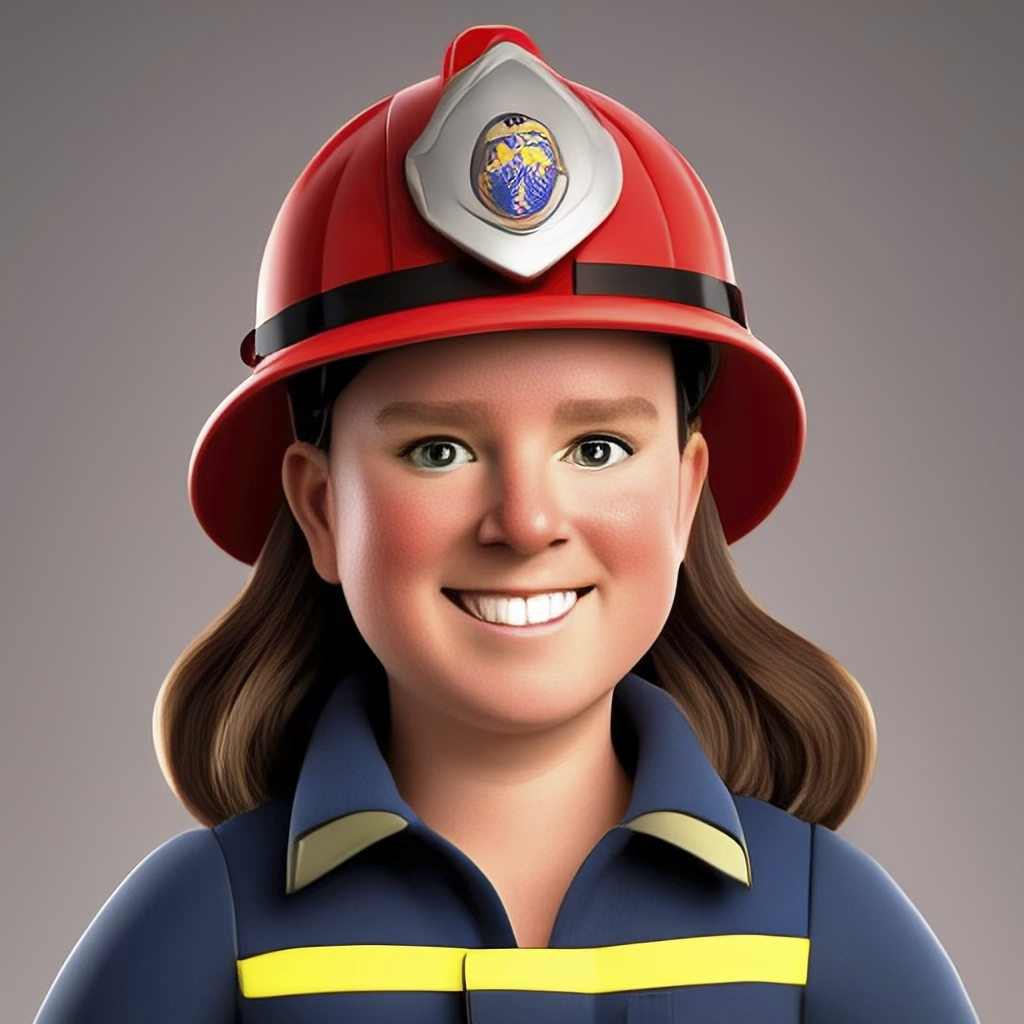
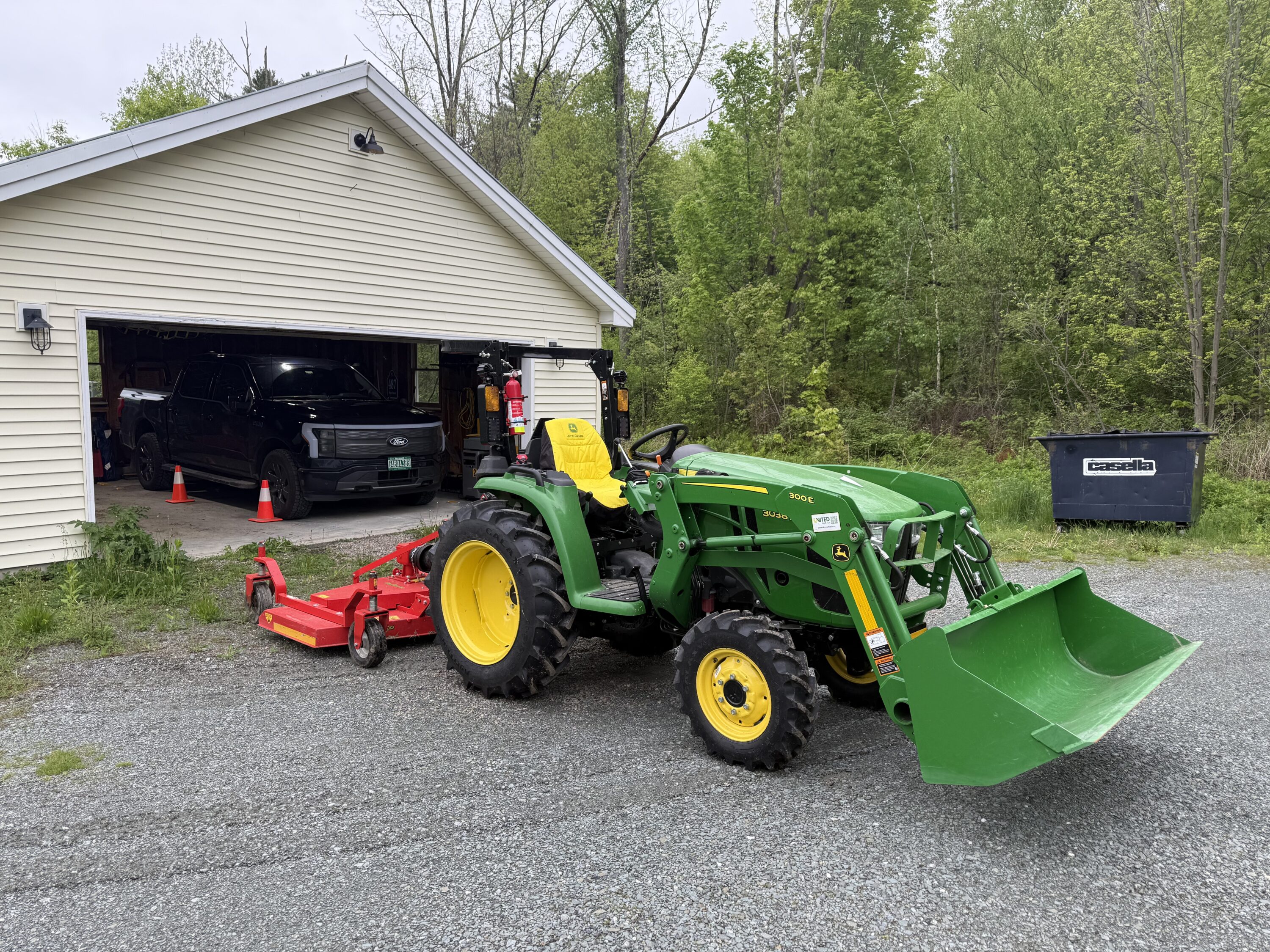
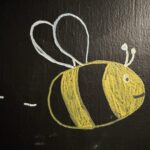

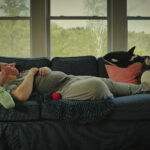
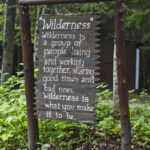
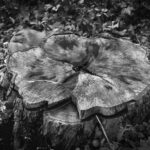


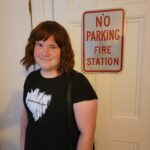
Leave a Reply